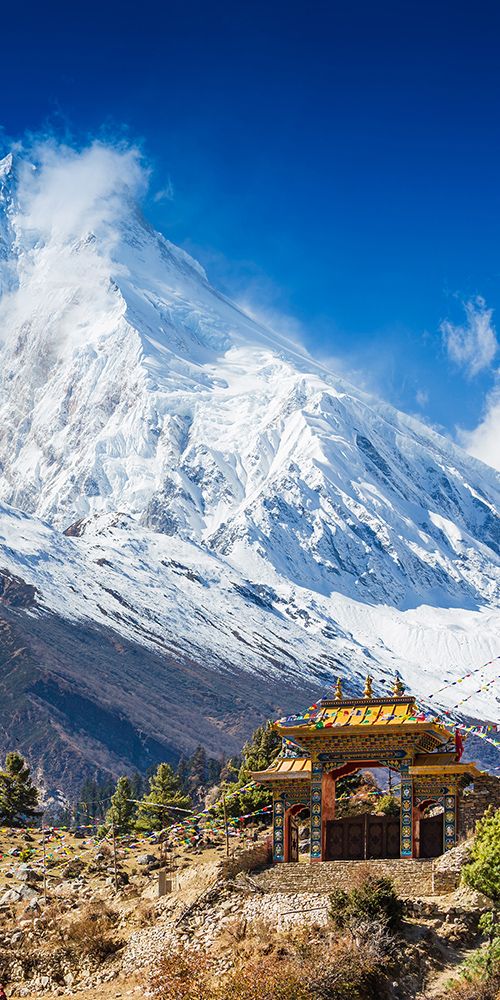Nepal
Nepal
1. Visa : Travelers must obtain a visa to enter Nepal. Tourist visas can be obtained on arrival at Tribhuvan International Airport in Kathmandu or at Nepalese embassies and consulates abroad. Visas on arrival are generally valid for 15, 30 or 90 days, depending on the traveler's needs.
2. Currency : The official currency in Nepal is the Nepalese Rupee (NPR). You can exchange money at banks, exchange offices and ATMs in major cities. Credit cards are accepted in hotels, restaurants and shops in tourist areas, but it is advisable to also have cash for small businesses.
3. Health : Before traveling to Nepal, consult your doctor for advice on recommended vaccinations. Make sure you have travel insurance that covers medical expenses and emergency evacuation. Avoid drinking tap water and choose sealed bottled water. Pay attention to what you eat to avoid gastrointestinal problems.
4. Climate : Nepal has great climatic diversity due to its mountainous terrain. The southern lowlands have a subtropical climate, while the mountainous regions have a temperate and alpine climate. Dress for the climate of the area you are visiting and check the weather forecast before you go.
5. Safety : Learn about areas to avoid and follow local safety advice. Avoid carrying visible valuables and always keep an eye on your belongings, especially in crowded places like markets and public transportation.
6. Culture and customs : Respect local culture and traditions. Wear modest clothing, especially when visiting religious sites. Ask permission before taking photos of people and be respectful of local residents.
7. Transportation : Transportation options in Nepal include buses, taxis, bicycles, motorcycles, and domestic flights to remote areas. Roads can be narrow and winding, especially in mountainous areas. Domestic flights are often the best option for quickly traveling between major cities and tourist regions.
8. Language : The official language of Nepal is Nepali, but English is widely spoken in tourist and commercial areas.
9. Tipping in Hotels : Tipping is not obligatory in Nepal, but it is appreciated for good service. For hotels, tipping NPR 50-100 per day for room attendants and NPR 20-50 per bag for porters is generally acceptable.
10. Tipping Drivers and Guides : For drivers, tipping around NPR 200-500 per day is common, depending on the length of the trip and quality of service. For guides, a tip of around NPR 300-500 per day is appropriate, depending on the quality of their services and knowledge.
11. Electricity : The standard electrical voltage in Nepal is 230 volts and the frequency is 50 Hz. Electrical outlets are generally type C, D and M. Make sure you have a universal adapter if necessary to plug in your devices electrical.
12. Internet Connection : Internet connection in Nepal can be spotty, especially in remote areas. In major cities and tourist areas, you will find Internet cafes, hotels and restaurants with Wi-Fi access. It is recommended to purchase a local SIM card with a data plan if you need an Internet connection reliable during your stay. The major mobile phone service providers in Nepal are Ncell and Nepal Telecom. Make sure your phone is unlocked so you can use a local SIM card.








